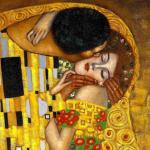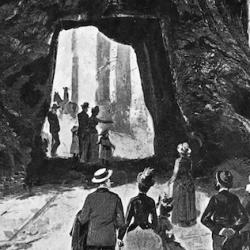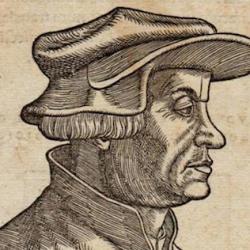David VanDrunen, has worked out an understanding of natural law and the “two kingdoms” Christologically. He writes, “The Son of God rules the temporal kingdom as an eternal member of the Divine Trinity but does not rule it in his capacity as the incarnate mediator/redeemer” (Natural Law and the Two Kingdoms, 182).
More fully: “To distinguish between the Son as creator and the Son as redeemer entails that the title of ‘Christ’ belongs only to the latter. . . in his special mission of becoming incarnate for the particular work of saving his people. The Son redeemed the world, but did not create the world, as the Messiah, the Christ. . . . If the Son of God creates in a different capacity from his capacity as redeemer, then he does not create as ‘Christ.’ And the terrain of common grace, grounded in the created order, is not ‘Christian,’ no matter how noble it becomes” (313-4).
Brad Littlejohn, who quotes these passages, notes the “specter of Nestorianism” looming over VanDrunen (Peril and Promise of Christian Liberty, 224), and quotes Richard Hooker’s claim that “the works of supreme Dominion which have been since the first beginning wrought by the power of the Son of God are now most truly and properly the works of the Son of Man. The word made flesh doth sit forever and reign as Sovereign Lord over all” (quoted 225).
Littlejohn concludes that “it is thus as both God and man that Christ rules over his church, and as both God and man that he rules the kingdoms of this world” (226). Political order doesn’t “carry on as though it existed only under the banner of a generic deity” but “is subject to the God-man who sits now in heaven as king and judge” (227).
Among other things, this has implications for the role of Scripture and natural law in political life: “natural law cannot do without the revelation of Christ and his Word, despite having its roots in creation rather than redemption” (227).












